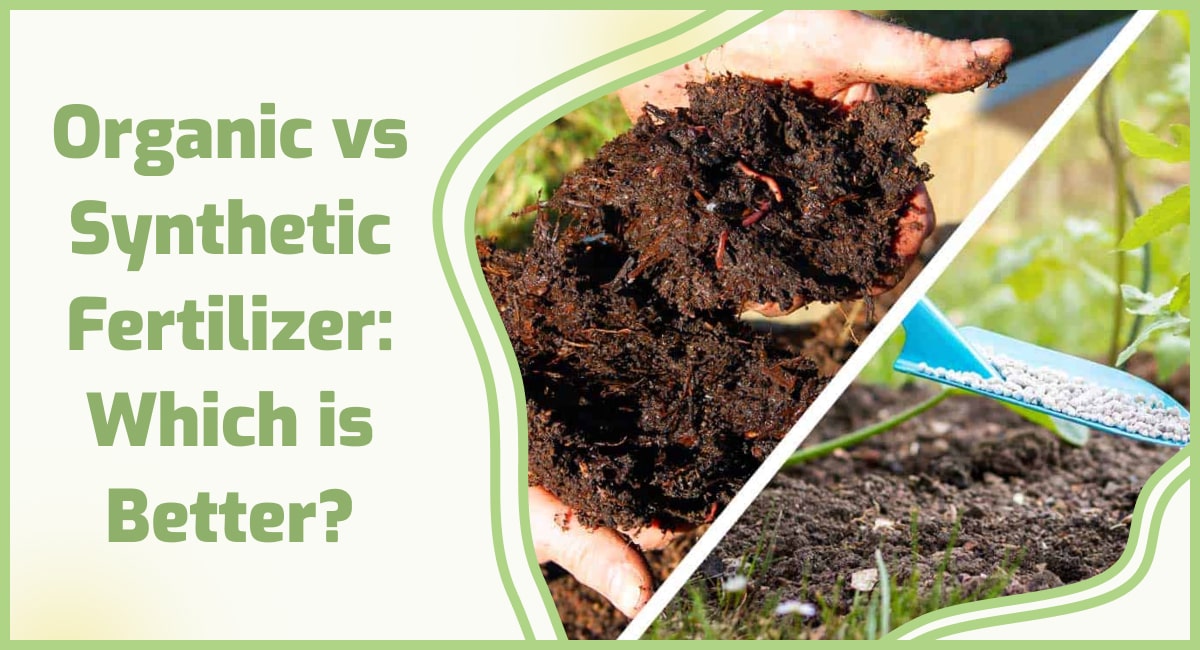Hi guys, I am very new to fertilizer. I paid to have a soil test done on some areas that I plan to start first with. The soil test gave me fertilizer recommendations supposedly based on my soil readings.
They suggest I use a 6-4-2 of real fertilizer OR a synthetic 12-12-12 mix and that micronutrients would be beneficial if using either. From my readings I understand that the 3 values relate to Nitrogen, Phosphorus and Potassium. The samples came back as bad as I thought. Happy to share if they are of interest.
Q) Why would the values be so different depending on whether it’s pretend fertilizer or not? Does this just mean that synthetic isn’t as “strong” as the real/natural stuff? Pricing locally seems similar so not sure which direction to go. Would really appreciate any insight + suggestions.
This is just lawn/grass + shrub area close to the house. I may plant some trees along the driveway but other than that will keep the area clear as a fire break. The rest of the acreage I hope to reclaim from my very successful mole farm operation.
TIA. Rusty
They suggest I use a 6-4-2 of real fertilizer OR a synthetic 12-12-12 mix and that micronutrients would be beneficial if using either. From my readings I understand that the 3 values relate to Nitrogen, Phosphorus and Potassium. The samples came back as bad as I thought. Happy to share if they are of interest.
Q) Why would the values be so different depending on whether it’s pretend fertilizer or not? Does this just mean that synthetic isn’t as “strong” as the real/natural stuff? Pricing locally seems similar so not sure which direction to go. Would really appreciate any insight + suggestions.
This is just lawn/grass + shrub area close to the house. I may plant some trees along the driveway but other than that will keep the area clear as a fire break. The rest of the acreage I hope to reclaim from my very successful mole farm operation.
TIA. Rusty



